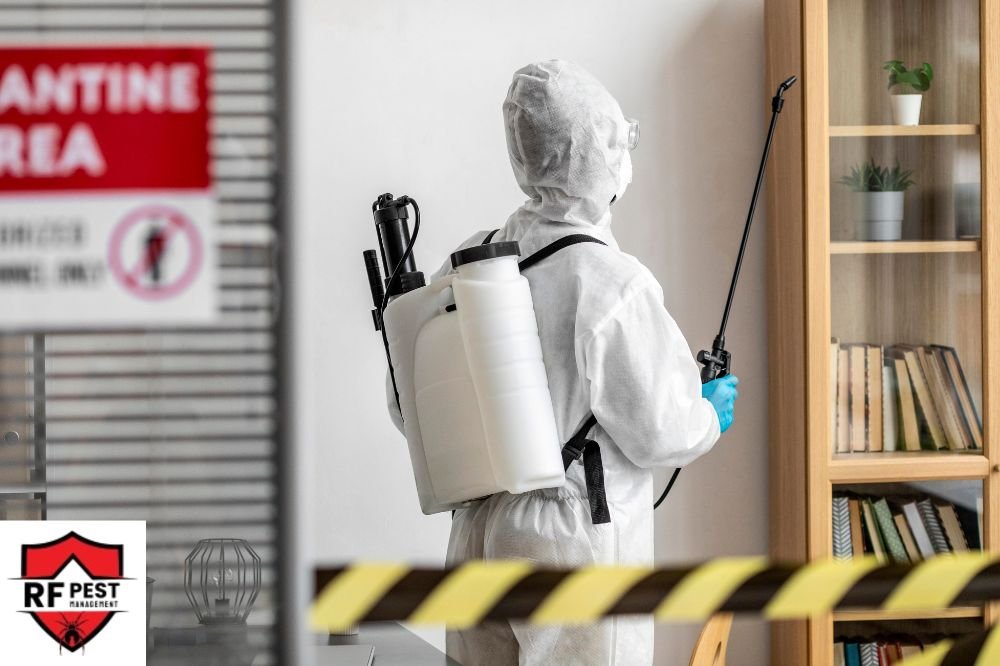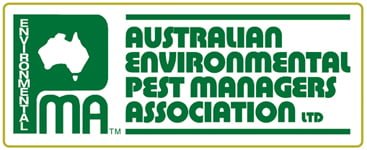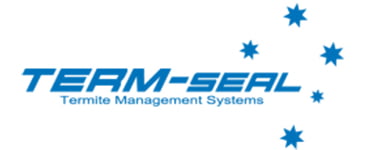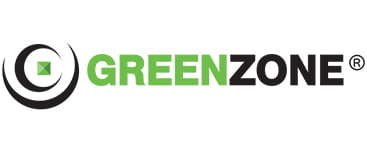Termites are among the most destructive pests in Australia, causing millions of dollars in property damage each year. While they may be small in size, their ability to silently compromise the structural integrity of homes and buildings makes them a formidable threat. For Melbourne homeowners, understanding termite behaviour and taking preventive steps is crucial to protecting your biggest investment — your home.
In this blog, we’ll explore the ins and outs of termite activity, signs of infestation, and the importance of professional termite control in Melbourne. Whether you’re a homeowner, landlord, or property manager, this guide will help you make informed decisions about keeping termites at bay.
Why Are Termites a Major Concern in Melbourne?
Melbourne’s temperate climate, with its combination of moisture and warmth, provides the ideal environment for subterranean termites to thrive. These silent invaders often go unnoticed for months or even years, quietly chewing through timber, flooring, and wall frames — leaving behind costly damage that isn’t covered by standard home insurance.
Unlike other pests, termites work in large colonies and can cause significant structural damage before any signs become visible. Their secretive behaviour and appetite for cellulose-based materials (such as wood, paper, and even some insulation) make them especially dangerous for homes with timber features or subfloor areas.
Common Termites Found in Melbourne
The most common species threatening Melbourne properties is the Coptotermes acinaciformis, a subterranean termite known for its destructive behaviour. These termites build underground colonies and construct mud tunnels to access food sources above ground — often entering homes through cracks in concrete slabs or gaps around service pipes.
Other species, such as dry wood and damp wood termites, are less common in urban areas but still pose risks under the right conditions. Each species requires a specific treatment plan, making accurate identification essential.
How to Spot a Termite Infestation
Catching an infestation early is key to minimising damage. Here are some telltale signs that termites may be active in your home:
Hollow-sounding timber: Tap on wooden surfaces; if they sound hollow or papery, termites may have eaten away the inside.
Mud tubes: Subterranean termites create small, mud-like tunnels to protect themselves from open air as they travel.
Discarded wings: Swarming termites shed their wings after finding a mate and starting a new colony — often near windowsills or light sources.
Tight-fitting doors or windows: Termite activity can cause wood to swell, making doors and windows difficult to open or close.
Frass (termite droppings): Drywood termites leave behind small, pellet-like droppings near infested areas.
If you notice any of these signs, it’s time to seek expert advice immediately.
Why DIY Termite Control Isn’t Enough
Many homeowners attempt to tackle termite problems with off-the-shelf products or home remedies. Unfortunately, these methods often provide only temporary relief — if any at all. Termite colonies are complex and widespread, often extending deep underground or hidden within the framework of a house.
Without professional inspection and treatment, you’re unlikely to eliminate the colony. Worse still, you may drive termites deeper into your property, making the problem harder (and more expensive) to treat down the line.
The Importance of Professional Termite Control in Melbourne
Engaging a qualified pest management service is the most effective way to safeguard your home. Here’s what professional termite control typically involves:
1. Comprehensive Inspection
A licensed technician will conduct a detailed examination of your property, including roof voids, subfloors, garden beds, fencing, and nearby trees. Moisture meters, thermal imaging, and tapping tools are often used to detect hidden termite activity.
2. Identification and Risk Assessment
The inspection identifies the type of termite, the extent of the infestation, and any environmental or structural conditions that could be attracting pests. This allows for a tailored treatment plan that targets the root of the problem.
3. Treatment Options
Chemical Barriers: A liquid termiticide is applied around the perimeter of your home to create a long-lasting protective barrier.
Baiting Systems: These use termite attractants combined with slow-acting toxins, allowing worker termites to carry poison back to the colony.
Dusting or Foaming: For active infestations, non-repellent chemicals are applied directly to nesting sites to eliminate termites quickly.
Long-Term Termite Prevention Tips
While Professional Pest Control Treatment is essential, homeowners can also reduce the risk of future infestations with a few proactive steps:
Maintain proper drainage: Ensure water flows away from the foundations of your home.
Fix leaks: Termites are drawn to moisture. Repair any leaking taps, pipes, or roof tiles promptly.
Remove timber debris: Avoid storing firewood, mulch, or timber offcuts near the home.
Keep subfloor areas well-ventilated: Reducing humidity in crawl spaces makes them less inviting to termites.
Schedule regular inspections: Annual checks by professionals can catch early signs of activity before serious damage occurs.
Buying or Selling? Get a Termite Inspection
If you’re buying a property in Melbourne, a pre-purchase pest inspection is essential. It can uncover existing damage or conditions conducive to termites, potentially saving you from future headaches or giving you room to negotiate on price.
Sellers should also consider an inspection to reassure buyers and avoid delays in the settlement process.
Final Thoughts
Termites may be small, but their impact on Melbourne homes can be massive. From compromising structural safety to causing financial distress, these pests demand serious attention. Understanding the signs of infestation and seeking professional help are the first steps to protecting your property.
Professional Termite Control in Melbourne isn’t just a precaution — it’s a necessity in a city where termite activity is common and often undetected. For thorough inspections, effective treatments, and expert advice, it’s important to engage trusted specialists in the field.
If you’re ready to take action and protect your property from these silent invaders, RF Pest Management is here to help.












